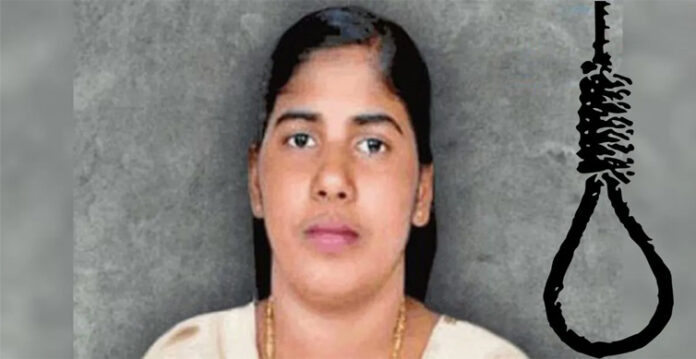The ongoing case of Nimisha Priya, an Indian national accused of killing a Yemeni citizen in the volatile capital of Sanaa, highlights a significant international diplomatic challenge for India. As a nurse working abroad, Nimisha now faces grave accusations in a country mired in conflict, controlled by the Houthi rebels. This case is not just a matter of legal proceedings; it is a call for India to stand firm in protecting one of its own in an environment where justice may not be impartial.
Yemen, under Houthi control, is fraught with instability. The justice system is fractured, and foreign nationals—especially from countries like India—are particularly vulnerable. In such an environment, where traditional customs like blood money might overshadow modern principles of justice, the threat to Nimisha’s life becomes more dire. Blood money, a practice embedded in Yemeni culture, may pose a grave risk to her future if it becomes the means to resolve this case.
However, India has not stood idly by. The government has already initiated a robust diplomatic response, signaling its commitment to ensuring that Nimisha’s case is not mishandled. Notably, Iran’s Foreign Minister, Abbas Araghchi, raised the issue with the Houthi envoy, demonstrating a growing recognition of the case’s regional significance. This move reflects the urgent need for multilateral diplomacy to resolve the situation without resorting to tribal customs that contradict global standards of justice.
Also Read: Amid diplomatic efforts, Nimisha Priya’s husband says ready to pay blood money
India’s foreign policy has long been grounded in its commitment to human rights and justice. In this particular case, the Indian government must continue to uphold these ideals. The fate of an innocent individual should not be dictated by arbitrary customs or political pressure. It is crucial that India ensures that the due process is followed and that Nimisha is not subjected to an unfair trial or, worse yet, an arbitrary punishment.
The challenges surrounding this case extend beyond the courtroom. The political and security environment in Yemen is deeply unstable, with foreign nationals often treated with disdain. The fractured justice system in Houthi-controlled Sanaa makes it unlikely that Nimisha will receive a fair trial. In light of this, India must employ all diplomatic tools at its disposal to ensure that she is given the protection she needs. This includes both formal diplomatic efforts and informal negotiations, such as Track Two diplomacy, which has proven effective in resolving complex international conflicts.
India’s long-standing ties with the Middle East, particularly with Iran, can play a key role in garnering international support for her case. Iran has shown a willingness to mediate, and further cooperation could help ensure that justice is served. Track Two diplomacy, involving backchannel negotiations, may provide an avenue for dialogue when formal diplomatic channels are bogged down by bureaucracy or political sensitivities.
Beyond the immediate legal ramifications, this case underscores India’s broader responsibility to protect its citizens abroad. Indian nationals working in the Middle East, particularly nurses, have long been regarded as cultural ambassadors of India. Their protection should not only be a matter of personal concern but also a reflection of India’s broader commitment to safeguarding its people and ensuring their well-being.
The proactive measures taken by the Indian government in Nimisha’s case underscore India’s growing stature as a global player. The international community is watching as India navigates this delicate situation. By engaging with regional powers, leveraging diplomatic channels, and ensuring that international human rights standards are upheld, India has an opportunity to demonstrate its leadership on the global stage.
In conclusion, the case of Nimisha Priya is not just a personal tragedy; it is a challenge and an opportunity for India to assert its diplomatic maturity and reaffirm its commitment to justice and human rights. Through swift and decisive action, India can not only safeguard her life but also reinforce its reputation as a responsible global leader—one that prioritizes the protection of its citizens, no matter where they are in the world.
(This story is sourced from a third-party syndicated feed. Raavi Media takes no responsibility or liability of any nature. Raavi Media management/ythisnews.com can alter or delete the content without notice for any reason.)


